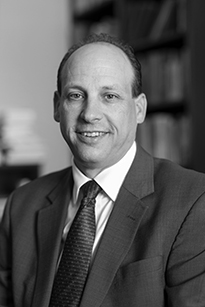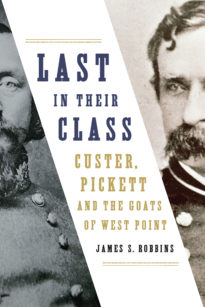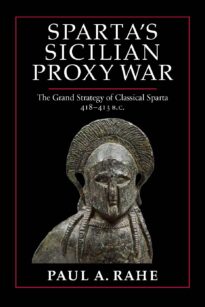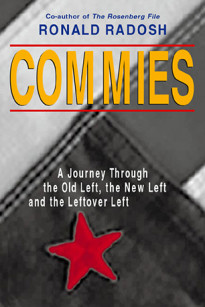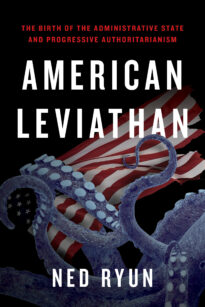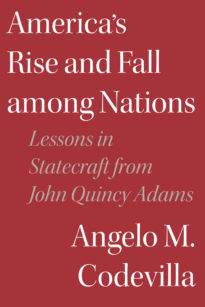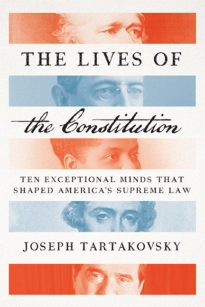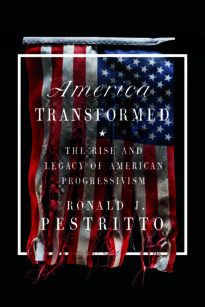The America of the modern administrative state is not the America of the original Constitution. This transformation comes not only from the ordinary course of historical change and development, but also from a radical, new philosophy of government that was imported into the American political tradition by the Progressives of the late nineteenth century. The new thinking about the principles of government — and open hostility to the American Constitution — led to a host of concrete changes in American political institutions. Our government today reflects these original Progressive innovations, even if they are often unrecognized as such because they have become ingrained in American political culture. This book shows the nature of these changes, both in principles and in the nuts and bolts of governing. It also shows how progressivism was often at the root of critical developments subsequent to the Progressive Era in more recent American political history — how it was different than the New Deal, the liberalism of the 1960s, and today’s liberalism, but also how these subsequent developments could not have transpired without the ground laid by the original Progressives.
Free shipping on all orders over $40
America Transformed
The Rise and Legacy of American Progressivism
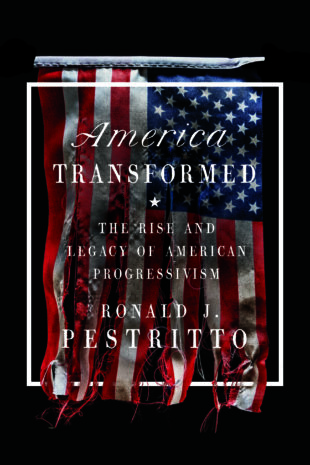
Publication Details
Hardcover / 288 pages
ISBN: 9781641771689
Available: 6/8/2021
- Media: Request a Review Copy
- Academia: Request an Exam Copy
About the Author
Ronald J. Pestritto is Graduate Dean and Professor of Politics at Hillsdale College, where he teaches political philosophy, American political thought, and American politics, and holds the Charles and Lucia Shipley Chair in the American Constitution.
Praise
Excerpt
INTRODUCTION
PROGRESSIVISM’S ENDURING RELEVANCE
This book marks the culmination of years of writing about American progressivism since the 2005 publication of my monograph on Woodrow Wilson’s political thought, and the related publication of two edited volumes of Progressive Era writings in 2005 and 2008. After the original Wilson project, my work dug deeper into Wilson’s thought itself, into the thought of other important progressives, and into the effect of all of this on American politics and law today. A selection of those essays and articles forms the backbone of the present volume; the essays have been substantially revised for the book, with new work woven in, and have been arranged to make a coherent case proceeding from first principles to the practical politics of our own day. The aim is to demonstrate how an understanding of Progressive Era thought is essential to grasping the stakes of our present political debates.
Like many students of American political thought, I was initially interested in studying the American Constitution and the first principles of the American founding – a period on which I wrote my first book. Since I had been trained in political philosophy, the founding period was compelling, due in part to the facts that its leading figures were well-versed in the tradition of Western political thought and that one could see ample evidence of this in their major speeches and writings. The circumstances of the founding also provided a unique opportunity to see how some of the most important ideas from the Western tradition played out in the crucible of real events. My scholarly interest was in statesmanship, in other words, as much as it was in a more abstract understanding of the ideas that provide statesmanship with its ultimate ends. These scholarly interests coincided with my interests as a citizen: being disposed to think both that the Constitution was good and that it should continue to matter in the politics of our own day, the ideas that gave rise to it came to occupy the bulk of my attention as a student and as a young scholar.
Yet neither a scholar nor a citizen can ignore the reality that today’s political world is vastly different from that of the founding, and the prevailing political ideas and culture mark a sharp departure from the regime’s original principles. Much of this departure is due to the ordinary passage of time and the onset of circumstances that could not possibly have been foreseen hundreds of years ago. The founders themselves understood this inevitability perfectly well. Yet certain core principles were understood by them to be permanent, meant to endure through the unforeseeable exigencies of historical events. This is because they believed – in keeping with much of the Western tradition of thought – that core political ideas were grounded in the very nature of man, and thus that certain first principles of government were “applicable to all men and all times,” to use the words that Abraham Lincoln once used to describe the founders’ ideas. But that way of looking at politics does not prevail today, as even the core first principles spoken of by the founders and by Lincoln have lost their influence on our culture and our political institutions. This is where the progressives come in. As a student of the founding, I became interested in why its principles no longer held sway in the world in which I was engaged as a citizen, and this interest led me to the study of American progressivism.
In this quest to learn more about the fate of America’s first principles in contemporary culture and government, I was fortunate to be studying among Harry Jaffa and his students at Claremont, and within the orbit of scholars associated with the Claremont Institute. This was not only an excellent setting in which to learn about the founding itself; it was also about the only environment of political theorists at that time where some initial work was being done on the American progressives. It was my teacher Charles R. Kesler, along with other Claremont scholars like John Marini, who first pointed me to the critical role played by the progressives in transforming the core ideas of the American regime, and thus in helping to give rise to modern liberalism. Other than this very small school of political theorists, the only scholarly work that had been done on the progressives prior to the last decade was by historians. The consensus in the major historical works was that there was nothing really radical about American progressivism; it represented, instead, the inevitable adjustments by statesmen in response to the onset of the profoundly new social and economic circumstances that emerged at the turn of the twentieth century. But the political theorists saw something different, deeper, and more radical at work: for them, American progressivism had been a direct assault on the core ideas of the American founding and was thus uniquely influential in the change of the country’s direction and the rise of the modern state. My own work on the progressives took off from this basic way of seeing things – first in a book on Woodrow Wilson, and later expanding into writings on progressivism more broadly, culminating in the present volume.
